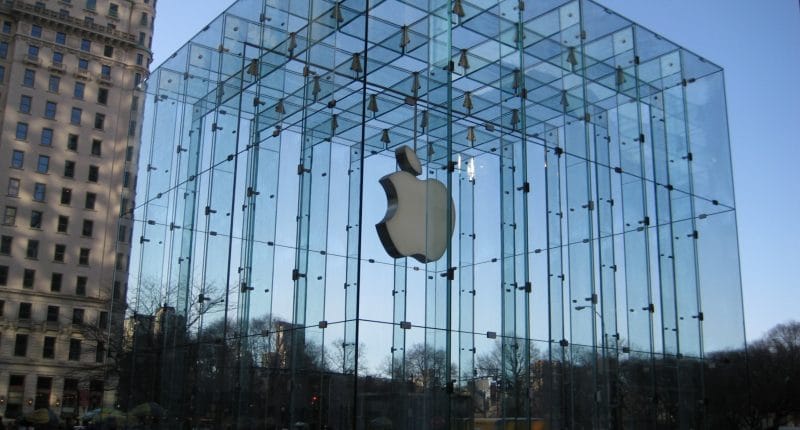The highly anticipated trial between Apple and Epic Games commenced on Monday. This trial, which will have major implications for the entire industry, saw both companies present their opening statements in an Oakland, California, federal court before U.S. District Judge Yvonne Gonzalez Rogers.
Epic had sued Apple earlier this year in UK, which was ruled out since a similar trial in the US against Apple was ongoing at the same time. The current three-week trial, however, is set to change the technological world as we know it.
Should Epic win, it would invigorate the antitrust crusade against Apple and send shockwaves throughout the app market, caving a path for companies and developers to bypass Apple’s App Store commission. Epic Games is the first to directly challenge Apple in recent days, accusing the tech giant of abusing its power to create a monopoly in the market. Epic CEO Tim Sweeney even stated that the Fortnite maker had deliberately violated Apple’s App Store’s rules to expose the power wielded by Apple and that the tech giant takes an unfair share of money from software developers.
The opening statements from both Apple and Epic painted the App Store as an invaluable service beloved by consumers and developers alike, as well as a service that has now become an instrument of financial exploitation that stifles competition. Epic protested against the commission that Apple charges for subscriptions and purchases made from apps downloaded from its store, painting Apple as a monopolistic company that discourages competition after luring developers and customers into its mobile operating system.
“Apple was making more profit from selling developer apps in the App Store than developers,” said Tim Sweeney, after its popular game Fortnite was removed from Apple’s mobile app platform last August. Epic supplemented its statements with evidence from internal emails from Apple ecosystems to prove that the tech powerhouse had built a digital “walled garden.” Epic also provided testimony that Apple reaped profit margins of 75% to 78% during 2018 and 2019, which are contrary to Steve Jobs’ public statements that the company had not made large sums of money from the app store when it opened in 2008. “Apple’s plan was to lock users in and prevent users from switching away from the Apple ecosystem,” Epic said.
In answer, Apple’s attorney Karen Dunn said that Apple has not created a secure and integrated ecosystem to keep people out, refuting Epic’s claim that the ecosystem was “artificially walled in.” Instead, Apple did so to “invite developers in without sacrificing the privacy and liability, security and quality that consumers wanted,” she said. The company dismissed Epic’s allegations, outlining “Project Liberty” from Epic’s internal documents, which would allow Fortnite to breach its app store contract. Apple also said that Epic had asked for a special side deal from the company before launching the Project Liberty campaign.
Apple’s attorneys further argued that Epic was motivated to break the company’s rules because “Fortnite” was waning in popularity, with players preferring PUBG over it. Apple defended its App Store commission, saying that it was standard industry practice.
“Rather than investing in innovation, Epic invested in lawyers, PR, and policy consultants in an effort to get all of the benefits Apple provides without paying,” Apple said. In answer, Epic said that Epic did not aim for monetary damages but only sought changes to Apple’s future behavior. Epic also predicted that its own Epic store, which is currently banned from the iPhone and other Apple products and charges a 12% commission on in-app transactions, will start making money during the next three or four years.
This is only the preamble to the trial, but one thing is for sure – nothing will remain the same once it is over. We are yet to hear the testimony of Apple CEO Tim Cook, but it sure promises to be a trial for the ages.
The Tech Portal is published by Blue Box Media Private Limited. Our investors have no influence over our reporting. Read our full Ownership and Funding Disclosure →






